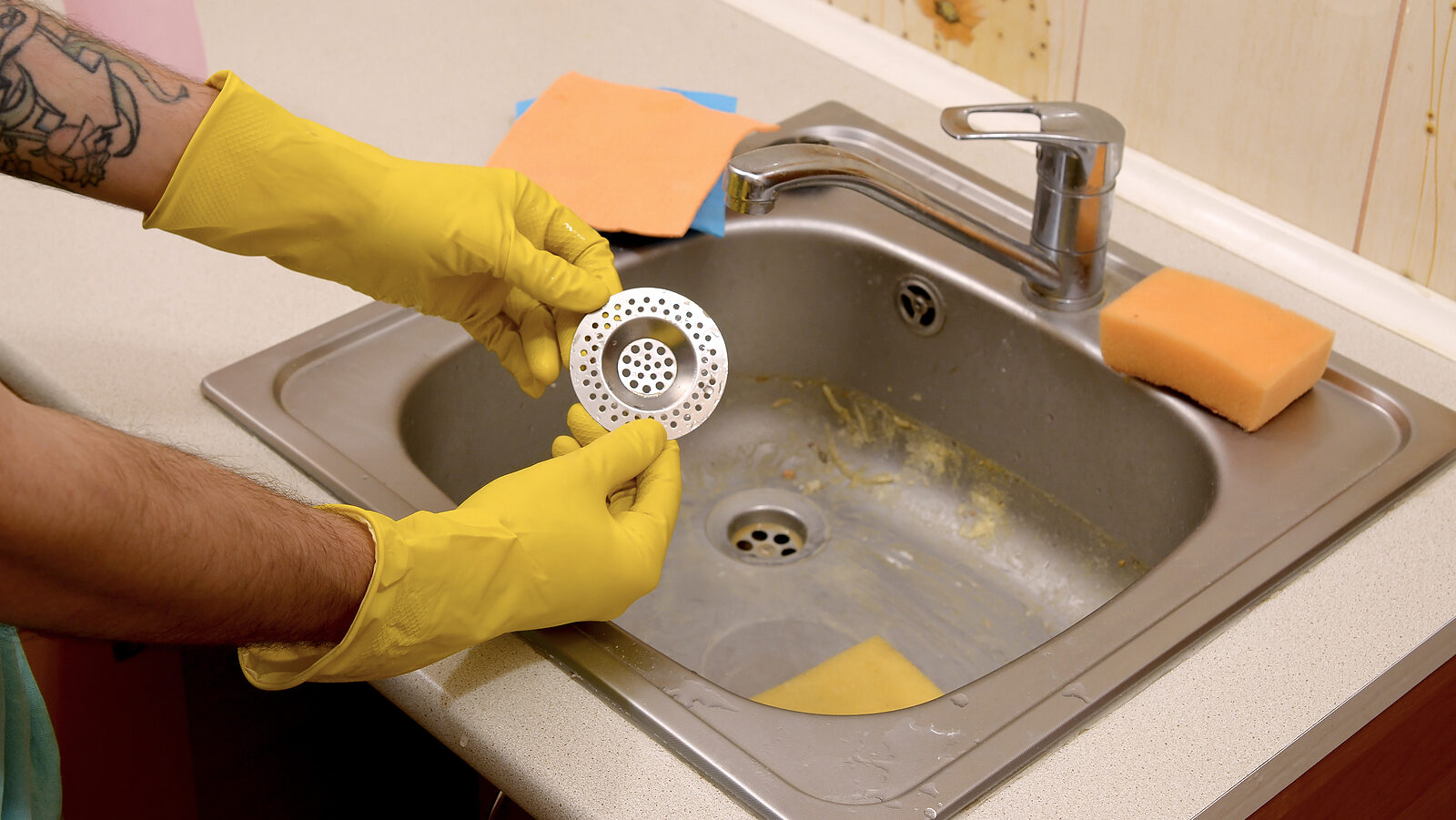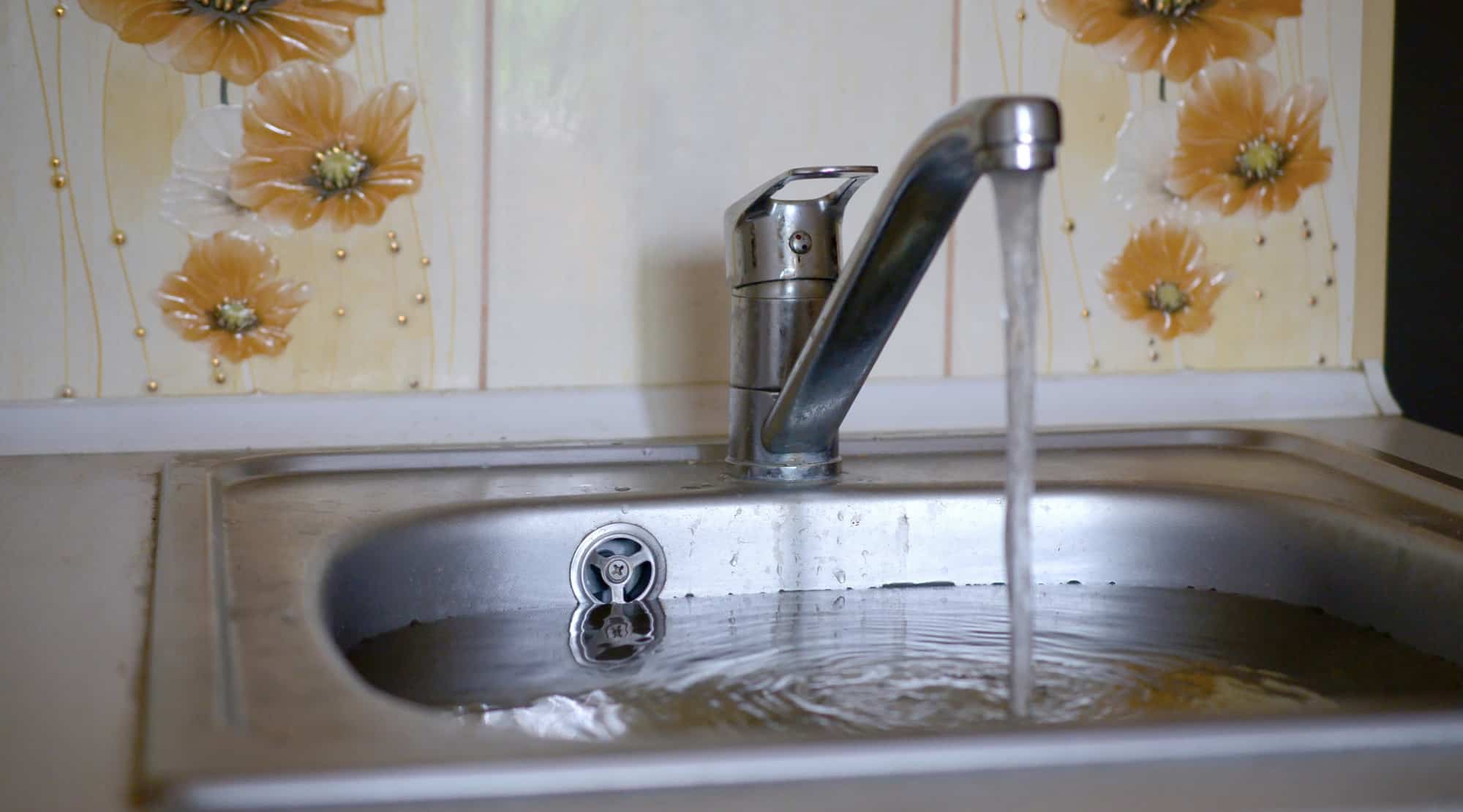Effective Ways To Address Slow-Draining Sink Problems
Effective Ways To Address Slow-Draining Sink Problems
Blog Article
What're your beliefs on 7 Ways To Fix A Slow-Draining Sink Before You Call A Plumber?

Introduction
We've all existed: You're cleaning your teeth or washing your hands, and you notice the water merging in the sink. Rather than quickly swirling down the tubes, it sticks around, transforming your once-refreshing morning regimen into a miniature swamp scene. A slow-draining sink isn't just aggravating; it's often a sign of bigger pipes concerns prowling underneath the surface area. The good news is that the majority of slow-draining sinks can be fixed with a little know-how, a few standard tools, and some persistence. All set to tackle this job head-on? Allow's roll up our sleeves and dive right in.
Recognizing the Root Causes Of a Slow-Draining Sink
Before you begin poking around in your pipes, it helps to understand what might be triggering the downturn. Recognizing the source makes it much easier to select the best fix.
Tools and Products You'll Need
The right devices make all the distinction. Luckily, you won't need a totally equipped plumber's van to get the job done.
Step-by-Step Guide to Repairing a Slow-Draining Sink
Now, let's get into the nitty-gritty. This detailed procedure will lead you via basic techniques to recover your sink's drain.
Action 1: Remove and Clean the Stopper
Commonly, the stopper (that small plug you push down to block water) is the initial culprit. Remove it very carefully and wipe any kind of hair or gunk entraped around its base. Wash it extensively prior to placing it back in place.
Step 2: Use a Plunger to Dislodge Particles
Got that plunger all set? Placement it over the drain and offer it a couple of company pumps. The concept is to develop suction that can loosen up any type of obstruction. If you see little bits of debris drifting up, you get on the ideal track.
Step 3: Try a Drainpipe Serpent or Wire Hanger
If the bettor does not work, it's time to bring out the drain serpent. Carefully feed it into the drain and spin as you go. You may feel some resistance-- that's most likely the clog. Maintain twisting and pulling till you eliminate the blockage. If you don't have a drainpipe snake, an aligned cord hanger can operate in a pinch.
Tip 4: Apply a Do It Yourself Drainpipe Cleanser
A natural cleaner made from baking soft drink and vinegar can break down recurring grime. Pour half a mug of cooking soda into the drain, adhered to by half a cup of vinegar. Let it fizz for around 15 mins, then flush with hot water. This chemical reaction usually does marvels for small obstructions.
Tip 5: Rebuild and Check the Sink
Placed everything back with each other and run the faucet. Does the water now swirl down the tubes at a commendable speed? If yes, provide on your own a pat on the back. Otherwise, do not misery-- there are still a couple of more tricks up your sleeve.
Necessary Tools for DIY Repairs
A bettor is your best starting factor. A little, sink-sized plunger creates suction that can displace minor clogs. For even more relentless obstructions, a drainpipe snake (in some cases called a plumber's auger) functions wonders. A set of handwear covers, a flashlight, and perhaps a set of protective safety glasses are likewise convenient.
Recommended Cleansing Solutions
Mild meal soap and warm water can help break down greasy build-up. A blend of baking soda and vinegar is a tried and true home remedy, and chemical cleaners offer a more green method. Keep chemical drainpipe cleaners as a last resource, as they can be rough on your pipelines.
Typical Wrongdoers Behind Slow Water Drainage
So, what's clogging things up? Usually, it's a blend of everyday particles-- assume hair, soap scum, tooth paste deposit, and remaining food fragments. In time, these tiny bits build up and cling to the pipe wall surfaces, slowly tightening the passage and making it harder for water to go through. In many cases, mineral deposits from difficult water can likewise contribute to the substance, creating the ideal tornado for persistent clogs.
When is it Time to Act?
If you observe the water draining slower than usual, it's a great idea to step in quicker instead of later. Waiting too long can result in complete clogs, unpleasant smells, or even pipeline damages. If the water takes greater than a few secs to clean out after shutting off the faucet, consider it a red flag and prepare yourself to place on your do it yourself hat.
Security First: Precautions and Preparations
Prior to you launch into unclogging setting, think about safety. You're handling possibly dirty water and particles, so slip on a pair of gloves. If you're using chemical cleaners, guarantee the room is well-ventilated and adhere to the instructions on the tag.
Safety Gear and Work Area Setup
Put down some old towels or dustcloths around the sink area to capture splashes. Eliminate any items that may enter your way, like soap dispensers or toothbrush owners. See to it you have great lighting-- order a flashlight if required.
Alternate Methods for Stubborn Clogs
Not all obstructions are created equivalent. If your sink still refuses to comply, think about these different remedies.
Baking Soda and Vinegar Technique
We already discussed this, but it's worth keeping in mind once again. This gentle, environmentally friendly method is more secure than chemical cleansers and typically fairly effective.
Enzymatic Drain Cleaners
Enzyme-based cleansers make use of all-natural microorganisms to absorb raw material. They're an exceptional option if you're wanting to avoid rough chemicals. Just bear in mind, they may take a bit longer to work their magic.
Chemical Drainpipe Cleaners: Advantages And Disadvantages
Chemical cleansers can blast via hard blockages quick, yet they're not without drawbacks. They can produce warmth and fumes, damage pipes if made use of excessively, and pose ecological threats. Use them moderately, and always adhere to the instructions very carefully.
Preventive Measures to Keep Your Sink Flowing
Avoidance is the very best treatment. By adopting a few simple behaviors, you can maintain your sink from reducing to begin with.
Normal Cleansing Habits
Wipe down the sink basin and component area consistently. Remove hair or food bits before they have an opportunity to wash down the drain.
Avoiding Hazardous Substances Down The Tubes
Reconsider before unloading coffee grounds, grease, or coarse veggie scraps down the sink. These wrongdoers hold on to pipe wall surfaces, producing obstructions in time.
Regular Maintenance Checks
Set up a quick monthly inspection. Run hot water through the sink for a couple of mins, paying attention to the circulation. If it appears slow, act quick before it becomes a full-on blockage.
When to Call a Specialist Plumber
Sometimes, despite exactly how difficult you try, that clog just will not move. That's when it's time to generate the pros.
Indications That Suggest a More Significant Problem
If your sink drains slowly in spite of numerous efforts, or if you see water backing up in various other fixtures (like your shower or bathroom), you might have an extra major plumbing issue prowling deeper in the system.
Balancing DIY Efforts with Expert Assistance
While do it yourself can save you money and use a feeling of success, there's no pity in calling a specialist. A specialist plumbing can evaluate your entire pipes arrangement, making certain there's no underlying damages or long-term problem that could cost you a lot more in the future.
Comparing Expenses and Long-Term Solutions
Before deciding, consider the big picture. A low-cost, quick fix may resolve the problem temporarily, however purchasing a much more permanent solution might save you cash and tension over time.
Weighing the Costs of Do It Yourself vs. Expert Fixes
DIY solutions typically set you back bit greater than the price of a bettor or a bottle of baking soft drink. Professional services, on the other hand, featured a cost but might protect against repeated concerns and expensive repair work later on.
Purchasing Quality Fixtures and Upgrades
If your sink's design contributes to frequent blockages, it may be worth updating to higher-quality fixtures or altering the plumbing layout. Consider this a financial investment in your house's performance and convenience.
Final thought
A slow-draining sink can feel like a minor irritability, yet it's often an indicator that your plumbing requires a little tender loving care. By understanding the root causes, employing the right devices and methods, and devoting to simple safety nets, you can keep your sink moving freely. And when all else stops working, never wait to employ an expert-- your home's pipes deserves the investment in treatment and upkeep.
Three Common Ways to Fix a Slow Drain
Baking Soda Method
Boil a full pot of water. Measure out cup of baking soda and pour it down the drain. Then take cup of the magical cleansing substance known as white vinegar and drop that down there too. Allow the mixture to fizz in the drain for five minutes as the vinegar and baking soda combine. Now dump in that whole pot of boiling water. This combination of cleaning substances should clear out anything that is causing your sink to drain slowly. If it doesn t...
Zip-It
If the baking soda method doesn t clear out your drain, it may be because a significant amount of hair and/or other debris has collected there and you need to remove it. Purchase a Zip-It tool at any home improvement or hardware store and insert it into your drain. It will catch any collected hair or debris that s blocking the flow of water. Pull it out. If it s got a big clump of hair, etc. on the end, you ve probably got your culprit.
Drain Cleaner
If these methods don t work, there is the standard drain cleaner that you can also buy in a hardware store or even your local grocery store. It s better if you can use a household solution, but these drain cleaners often work in a pinch. They re very simple to use. You generally just dump them in your drain and wait. If even this method is not effective, it may be time to call the plumber.
https://www.mrrooter.com/oneida/about-us/blog/2017/july/three-common-ways-to-fix-a-slow-drain/

Hopefully you liked our section on 7 Ways To Fix A Slow-Draining Sink Before You Call A Plumber. Thank you for finding the time to read our short article. Liked our write up? Please share it. Help other people check it out. Thank you for your time invested reading it.
Call Today Report this page